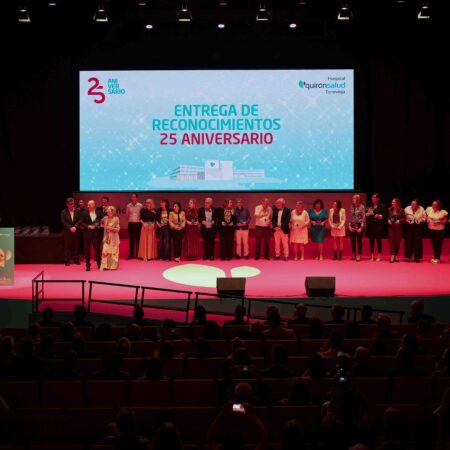The Secretary of State for Employment, Joaquín Pérez Rey, said on Wednesday that the Government is willing to accept that the reduction of the working week to 37.5 hours can be applied “gradually and flexibly” in businesses, as proposed by CEOE at the negotiating table.
A new meeting was held in Madrid on Wednesday between the Government, the unions and the Spanish Confederation of Business Organisations (CEOE) to negotiate the terms of the future reduction of the working week to 37.5 hours that the Executive intends to approve by 2025. The Secretary of State for Labour, Joaquín Pérez Rey, described the meeting as “very constructive” for all parties.
According to him, the Labour Department is committed to accepting the employers’ proposal, allowing businesses to apply this reduction in working hours in a “gradual and flexible” manner. The Government also stated that it is “open” to certain sectors, such as agriculture or hospitality, being able to distribute working hours irregularly to cover periods in which they have greater activity.
Joaquín Pérez Rey stated in his appearance that the negotiations on the reduction of working hours are progressing positively, after the Ministry of Labour stated, in recent weeks, that it would approve this measure with or without the agreement of the unions and business organisations , something that was harshly criticised by the president of the CEOE, Antonio Garamendi, at the close of the General Assembly of the confederation a few days ago.
The Secretary of State revealed that the negotiations are being carried out around three fundamental axes of action, “which constitute the mortar that can lead to an agreement as soon as possible”, and he announced that the Government and the social agents “ will meet again on July 29 to resume negotiations , and my conviction is that there is no significant objection that prevents us from reducing the working week to 37.5 hours.”
Firstly, the Secretary of State for Labour identified that the first point being negotiated with employers and unions is the adaptation time of the new maximum working day.
In this regard, he said that ” there is talk of flexible deadlines, something that the unions and employers have suggested to the Government, and that we are willing to study. It is a measure that will last for the rest of the century, so we are willing to not apply it abruptly,” he said.
Secondly, the Government expressed its willingness to consider whether businesses in some sectors “with more inconsistent work formulas because their production varies throughout the year, such as Agriculture or Hospitality, can distribute their working hours irregularly ,” said Joaquín Pérez Rey.
This is one of the requests that CEOE put on the negotiating table with the Government, and which would mainly affect businesses whose activities are more seasonal. For example, some bars and restaurants during the summer months.
Finally, the Secretary of State for Labour showed the intention of the ministry headed by Yolanda Díaz to increase the weight of the right to digital disconnection within the framework of the reduction of working hours. “It would be useless to reduce the working hours of workers if they can receive a call from their bosses at night or if on a Sunday while walking in the park they receive a WhatsApp message,” concluded Joaquín Pérez Rey.











